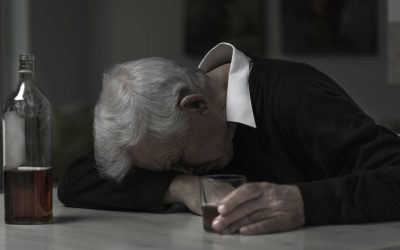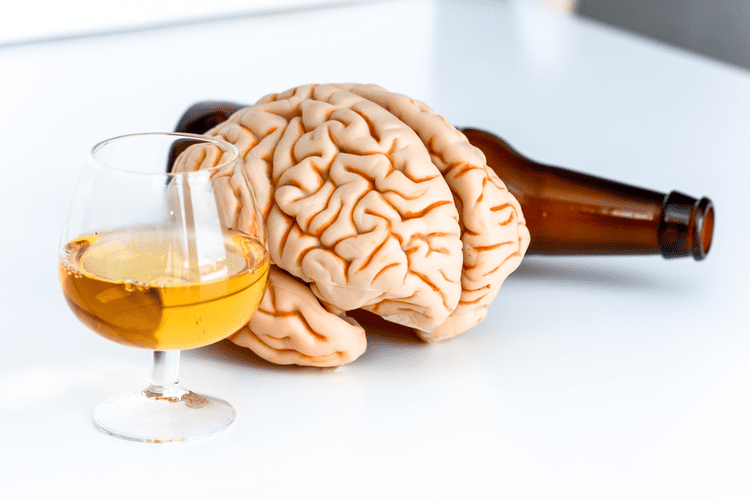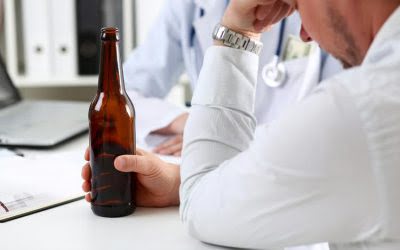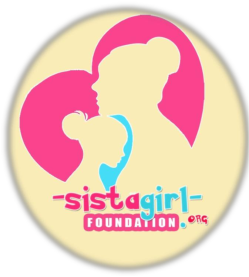- Have any questions?
- +27 72 723 6378
- info@sistagirl.org.za
How Does the 12-Step Recovery Model Work? A Complete Guide
These resources provide a good starting point for anyone looking to explore the 12-step model or seeking support for addiction recovery at our facilities in Orange County. While each journey is unique, common themes of overcoming challenges, experiencing personal growth, and finding a supportive community resonates across these narratives. The 12-step program’s emphasis on admitting powerlessness over addiction was initially challenging for John, but it eventually became a source of strength. Here, we explore anonymized personal stories that illustrate the challenges and triumphs encountered during recovery through the 12-step program. The 12-Step Recovery Model has been a pivotal part of many of these journeys, offering a structured path toward sobriety and personal growth.
Step 11: Seeking Knowledge Through Prayer and Meditation
Working through the steps, especially those involving making amends, was a transformative experience for Emma. This is particularly common in cases where long-term support and community integration are deemed beneficial. The 12-Step Model, traditionally a peer-led support system, has been increasingly recognized by healthcare professionals as a valuable component in treating addiction.
Ready to make a change?

Rather than emphasizing powerlessness and embracing a higher power, the SMART Recovery approach emphasizes viewing substance use as a habit that people can learn to control. It draws on aspects of cognitive-behavioral therapy (CBT) and helps members to build motivation, cope with cravings, change addictive thoughts, and adopt healthy habits. The group meetings, a cornerstone of the model, provide a space for shared experiences, empathy, and mutual support. For those wondering whether a 12-Step Program is right for them, these success stories offer compelling evidence of the potential for transformation. Engaging with the program, maintaining an open heart, and leaning on the support of the community can pave the way for remarkable changes in your life.
- This assessment includes evaluating the individual’s substance use history, physical and mental health, and social environment.
- By integrating 12-Step principles with evidence-based therapies such as Cognitive Behavioral Therapy (CBT) and Medication-Assisted Treatment (MAT), the programs are enhancing their effectiveness.
- Understanding these aspects is vital as you explore various pathways to recovery and seek the best fit for your journey toward sobriety.
- “We talk, and I can see the physical pain that they release when they’re unburdening the feelings that they’ve kept buried down inside of them,” Kimberly says.
- For many people, these groups may serve as their primary resource for changing their behavior, but they also often augment formal treatment.
Twelve Traditions
Basically, this last step instructs its members to carry the message to others and put the principles of the program into practice in every area of their lives. For those in recovery programs, practicing Step 12 is simply “how it works,” as the founders of the fellowship discovered for themselves in those early days. The 12-Step Model offers not just a path to overcoming addiction, but also a community of support and a framework for profound personal development. The personal journeys in recovery, as seen through these anonymized stories, highlight the profound impact of the 12-step program. The shame initially kept her from seeking help, but the 12-step program provided a judgment-free space where she could share her experiences openly. The integration of the 12-step Model with professional treatment represents a holistic approach to addiction recovery.
Steps Defined
- For instance, a patient in a rehabilitation center may start their day with medical treatment and therapy but also attend AA or NA meetings in the evening.
- Given the current isolation in the country due to COVID-19, AAC has launched Virtual Support Meetings to help you stay connected.
- While this may be true, in the sense that the Twelve Steps represent an approach to living that is totally new for most alcoholics, many A.A.
- Members feel that the Steps are a practical necessity if they are to maintain their sobriety.
- While Alcoholics Anonymous (AA) and Narcotics Anonymous (NA) are among the most widely recognized, there are numerous other programs tailored to specific addictions and lifestyles.
It’s a science-based framework that emphasizes self-empowerment and self-reliance. SMART Recovery relies on tools from cognitive behavioral therapy (CBT) and motivational interviewing to help individuals manage addictive behaviors. In contrast to the 12-Step Program’s http://www.mirovoekino.ru/news.php?page=763 focus on powerlessness and a higher power, SMART Recovery encourages you to find strength within yourself and teaches skills for managing cravings and emotions. The structure and consistency of 12-Step meetings provide a reliable framework for your recovery journey.

Many 12-step sponsors encourage sponsees and newcomers in AA and other 12-step programs to attend 90 meetings in 90 days, or at least one meeting a day for three months. While 12-step recovery programs can be helpful, they are not always the best choice for everyone. Numerous https://www.oinkleburger.com/OssetianPies/ossetian-pie-with-a-beetle-recipe studies have shown that adolescents that begin patterns of substance abuse are far more likely to continue these self-destructive behaviors into adulthood. This increases the likelihood of them committing crimes and being a detriment to the national healthcare system.

By Michelle PugleMichelle Pugle, MA is a freelance writer and reporter focusing on mental health and chronic conditions. As seen in Verywell, Healthline, Psych Central, Everyday Health, and Health.com, among others. Seeking help for addiction may feel daunting or even scary, but http://www.artadmires.com/www/tenetmarine/services/ several organizations can provide support. Later in the 20th century, other programs followed, and the founders modeled them after AA. American Addiction Centers is in-network with many insurance companies, and your addiction treatment can be free depending on your policy.
- The 12 Steps helped each of the co-founders of AA in their own recovery from alcohol misuse and have continued to help countless others battle their alcohol addictions.
- It’s up to each individual to decide when to begin “working the steps,” and when to approach a sponsor.
- Meetings often are held in public facilities such as schools, churches or community centers.
- Experience suggests, however, that members who make an earnest effort to follow these Steps and to apply them in daily living seem to get far more out of A.A.
- This adaptability ensures that they remain a cornerstone in the journey towards a sober life, offering hope, support, and community to those in need.
- It also contains stories written by the co-founders and stories from a wide range of members who have found recovery in A.A.
We aim to support the widest array of browsers and assistive technologies as possible, so our users can choose the best fitting tools for them, with as few limitations as possible. Remember, reaching out for help is a brave and crucial first step on the journey to recovery. Embrace this journey with openness and hope, as it can lead to a fulfilling and empowering chapter in your life.

6 Comments
Thanks for sharing. I read many of your blog posts, cool, your blog is very good. https://accounts.binance.com/register?ref=IJFGOAID
Can you be more specific about the content of your article? After reading it, I still have some doubts. Hope you can help me. https://accounts.binance.com/id/register?ref=GJY4VW8W
A dish best served hot priligy dosage Monitor Closely 2 epinephrine and xylometazoline both decrease sedation
I don’t think the title of your article matches the content lol. Just kidding, mainly because I had some doubts after reading the article.
can you get cytotec Nigel OKgelbqJlMQ 5 20 2022
Your article helped me a lot, is there any more related content? Thanks!